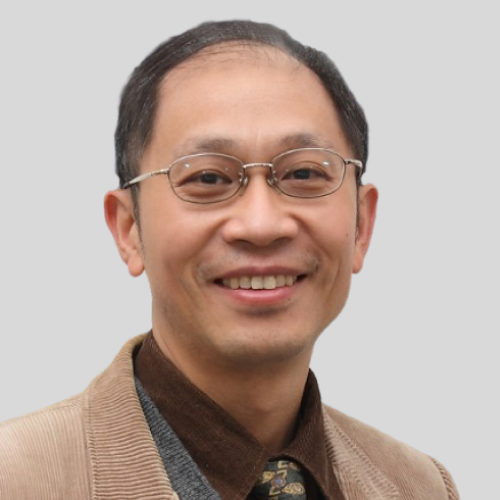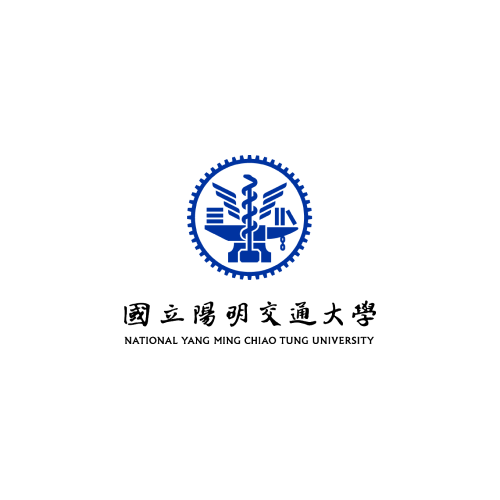2-3 December 2025
Tokyo
11:05 – 11:25
Seamless MEMS-CMOS Integration Enabled by TSRI’s Design and Service Platform
Implementing MEMS sensors and actuators by using CMOS foundry processes is attractive because of the high fabrication accuracy and good reliability. More attractively, the possibility of monolithic integration of MEMS components and interface/control circuitry enables the realization of complete micro systems on a chip. Leveraging the strength of the semiconductor industry in Taiwan, Taiwan Semiconductor Research Institute (TSRI) has been bridging the academia and industry in semiconductor/MEMS design and fabrication. In this talk, I will present a number of CMOS-MEMS sensors, actuators, and computing devices enabled by TSRI’s Design and Service Platform. Their recent initiative to foster international collaboration will also be introduced.

Yi Chiu, Ph.D.
National Yang Ming Chiao Tung University
Yi Chiu received the B.S. degree in Electrical Engineering from National Taiwan University, Taiwan, ROC, in 1988, and the M.S. and Ph.D. degrees in Electrical and Computer Engineering from Carnegie Mellon University, Pittsburgh, PA, USA, in 1991 and 1996, respectively.
Dr. Chiu is currently a Professor in the Department of Electrical and Computer Engineering, National Yang Ming Chiao Tung University, Taiwan, ROC. His research interests include micro sensors, CMOS-MEMS sensors, PCB MEMS, MEMS-based neuromorphic computing, electrostatic and electromagnetic energy harvesting, and optical MEMS. Dr. Chiu has served as a member of the Technical Program Committee in IEEE Optical MEMS and Nanophotonics, Asia-Pacific Conference of Transducers and Micro-Nano Technology (APCOT), IEEE Sensors, and International Conference on Solid-State Sensors, Actuators and Microsystems (Transducers). Dr. Chiu is a member of the International Steering Committee of APCOT, and the General Co-Chair of APCOT 2026 in Taichung, Taiwan, ROC.
National Yang Ming Chiao Tung University
Company Profile
“What is a great university?”
Two of the top universities in Taiwan took this question so seriously that they decided to merge with one another in order to answer it. National Chiao Tung University and National Yang Ming University became convinced that they could achieve something much greater together than they could individually. As a result, on February 1, 2021, they merged in order to establish National Yang Ming Chiao Tung University (NYCU).
NYCU was founded on the idea that, in a great university, people work across the disciplines to solve real-world problems. At our university, putting this idea into practice requires integrating Chiao Tung’s strengths in information and communications technology with Yang Ming’s strengths in biomedical research. It also requires contributing to fields located at the intersection of these research areas, for example, digital medicine and bioinformatics. And it requires training our students in such a way that the next generation will not be as constrained by disciplinary boundaries as the previous one.
At NYCU, we are striving to be a great university that transcends disciplinary divides to solve the increasingly complex problems that the world faces. We will continue to be guided by the idea that we can achieve something much greater together than we can individually. After all, that was the idea that led to the creation of our university in the first place.
